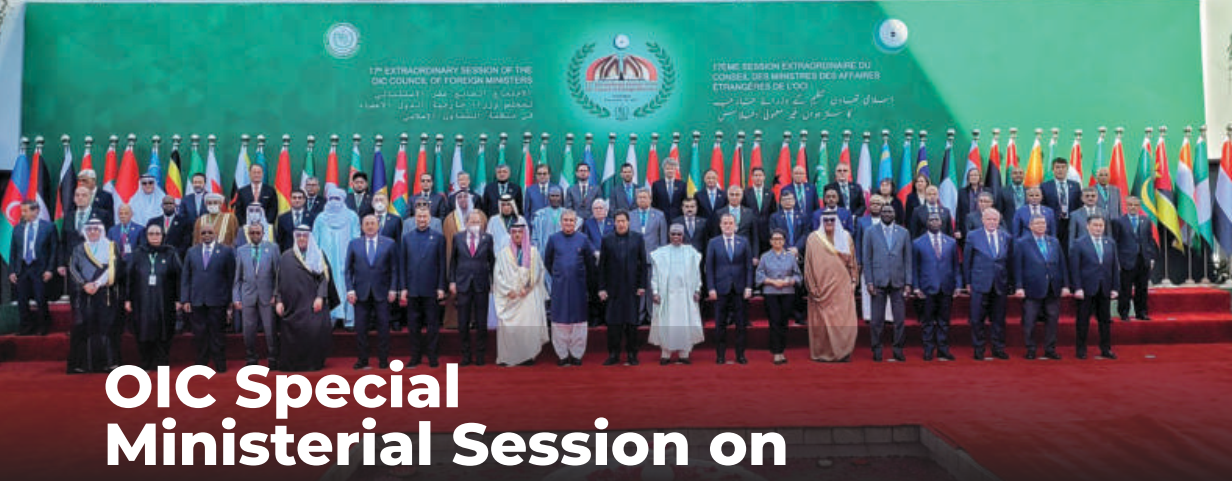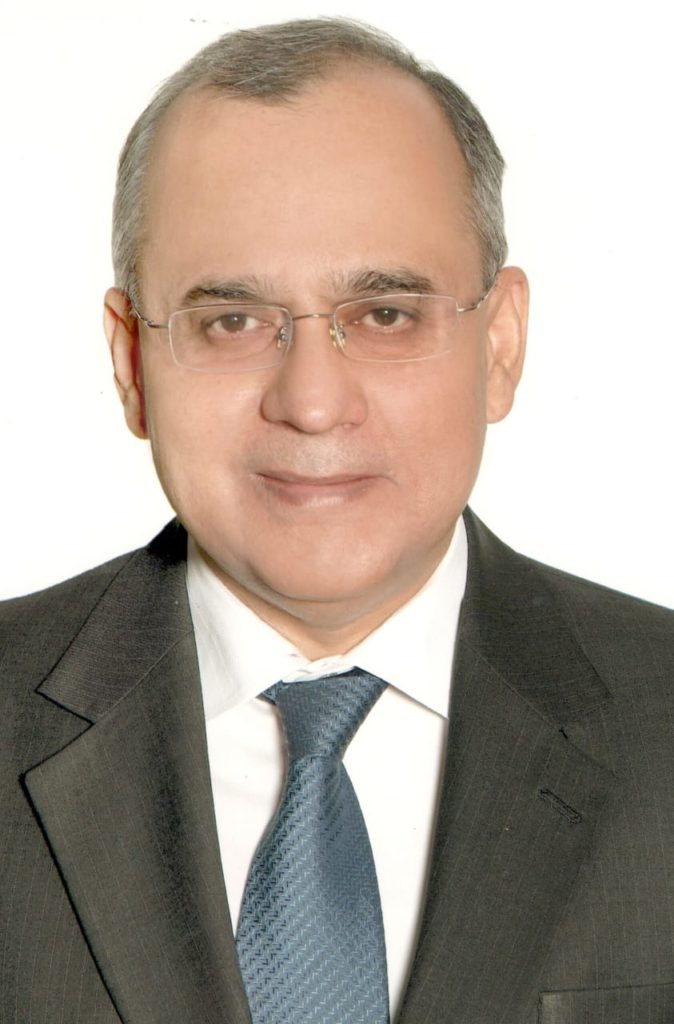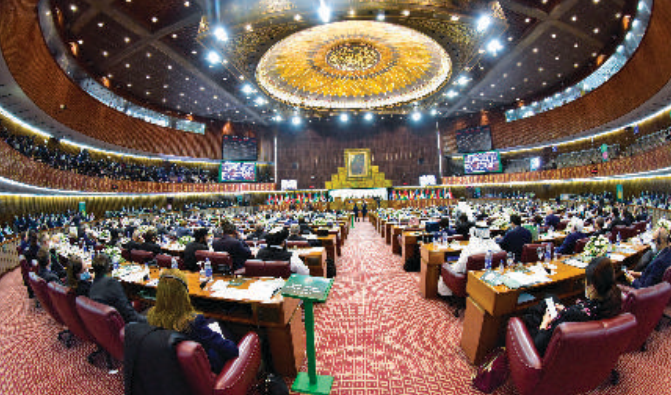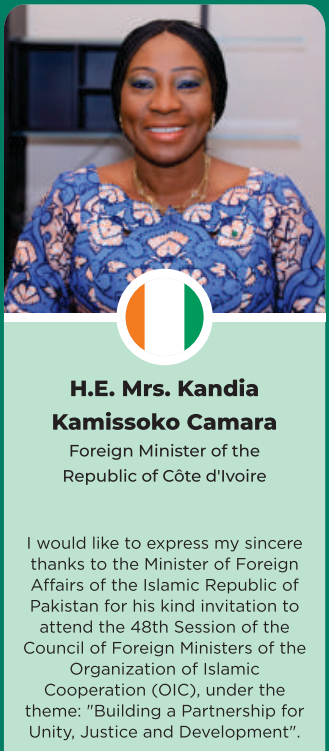
By Salman Bashir
At the critical and defining juncture the OIC has, once again, stepped in to lead the way for assisting, defining and influencing global opinion in favor of the Afghanistan and her people.
On the joint initiative of Pakistan and Saudi Arabia, an extraordinary session of the Foreign Ministers of OIC states was held in Islamabad on 19 December 2021 to mobilize global assistance to mitigate the humanitarian crisis in Afghanistan.
Besides the 57 member states, the Conference was attended by the representatives of the United Nations Secretary General, China, the U.S., the U.K., France, Russian Federation, Japan, Germany, Italy, European Union, Economic Cooperation Organization, League of Arab States, and the Gulf Cooperation Council.
The OIC has affirmed the solidarity of the Member States with the Afghan people in their quest for a peaceful, united, stable, sovereign and prosperous Afghanistan.
The Conference developed a comprehensive framework for humanitarian assistance to Afghanistan in the wake of US/NATO withdrawal of forces and the ensuing economic and humanitarian crisis of grave magnitude facing the Afghan people. The western sanctions on Afghanistan in particular freezing of Afghanistan’s financial reserves have led to the dangers of a complete collapse of Afghanistan’s economy and of the state institutions.
The OIC expressed solidarity with the people of Afghanistan and reiterated the commitment of the Member States to help bring peace, security, stability, and development to Afghanistan. Noting that 60% of Afghanistan’s 38 million people face “crisis levels of hunger” and that the situation is getting worse every day, the Conference expressed deep alarm at the deteriorating humanitarian crisis in Afghanistan and underscored the need for urgent humanitarian and economic assistance to Afghanistan.
The Conference expressed its deep concern at the worsening economic situation in Afghanistan and underscored that an economic meltdown in Afghanistan would lead to a mass exodus of refugees, promote extremism, terrorism, and instability, with dire consequences for regional and international peace and stability,
The Conference emphasized the need for promoting national reconciliation, the importance of protecting and respecting the right to life, security, and dignity of the people of Afghanistan in compliance with the Islamic principles and the Universal Declaration of Human Rights (UDHR), the importance of establishing inclusive governmental structures and the importance of meaningful participation of women in all spheres. The Conference stressed that the Afghan territory must not be used as a base or safe haven for any terrorist group.
The OIC affirmed the solidarity of the Member States with the Afghan people in their quest for a peaceful, united, stable, sovereign and prosperous Afghanistan. It urged the United Nations system to pursue joint operations with the OIC for the delivery of urgent humanitarian aid to Afghanistan.
The Conference also called upon the international community to provide urgent, and sustained humanitarian assistance to Afghanistan as well as to the major Afghan refugee hosting countries. It also urged the international community in general, and the UN Security Council in particular, to ensure that existing targeted sanctions do not impede the provision of humanitarian aid or economic resources to preserve the institutions, schools and hospitals in Afghanistan and to allow multilateral development institutions, United Nations Agencies, Funds and Programmes and other humanitarian organizations to channel existing assistance and assets towards humanitarian assistance. It also affirmed the importance of sustained engagement of the international community with Afghanistan, especially in supporting humanitarian and development needs of the Afghan people.
The Conference decided that the OIC will play a leading role in the delivery of humanitarian and development aid to the people of Afghanistan. It decided to establish a Humanitarian Trust Fund, under the aegis of the Islamic Development Bank, to serve as a vehicle to channel humanitarian assistance to Afghanistan including in partnership with other international actors and directed that the Islamic Development Bank to expeditiously operationalize the Humanitarian Trust Fund by the first quarter of 2022. It was also decided to launch an Afghanistan Food Security Programme. The Conference decided to appoint Ambassador Tarig Ali Bakheet, Assistant Secretary General as Special Envoy of the Secretary General of the OIC for Afghanistan.
The Special Envoys of the US, China, Russia, European Union and Pakistan for Afghanistan had in depth discussions with the Interim Foreign Minister of Afghanistan at the margins of the Conference. The US Administration and European officials appreciated the outcome of the Conference, which had adopted a balanced and objective position on the situation in Afghanistan.
The OIC has been involved with Afghanistan for over 40 years. At this critical and defining juncture the OIC has, once again, stepped in to lead the way for assisting Afghanistan and in defining and influencing global opinion in favor of the Afghan people. Since the holding of the Islamabad OIC special session, the western countries as well as China and Russia have notably altered their approach towards Afghanistan, are prioritizing humanitarian dimensions and are now seeking ways and means to assist Afghan people despite differing points of view about the Taliban.
The OIC has also been explicit in conveying the expectations of the international community to the Taliban government regarding political inclusivity, national reconciliation, human and women rights and countering terrorism.
The difficult or controversial aspects of recognition of the Interim Government were effectively bypassed to develop a robust international response to the economic and humanitarian catastrophe in Afghanistan. Pakistan has been emphasizing the need for the international community to ‘engage’ with Afghanistan. The Islamabad OIC session was a good demonstration of creative diplomacy to develop a consensus on helping Afghans, despite deep western reservations on the orientations of the Taliban.
It is notable that the OIC, mainly due to the efforts of Pakistan and Saudi Arabia, has after a long time shot into prominence on a major issue of concern to its member states and the international community.
In an age where multilateral cooperation has lost some of its sheen, if not relevance, and after decades of deep divisions and discord within, the OIC’s coming together on Afghanistan is a hopeful sign of rediscovering the worth and value of Islamic cooperation in a world adrift.
Islamabad is hosting the next Conference of Foreign Ministers of OIC states in March 2022. Here the full agenda will be reviewed and decisions and resolutions adopted.
Hopefully, the next Conference will be able to revive the faith in the OIC Charter’s promise of solidarity and unity and demonstrate the political will of the member states in the vast potential of Islamic cooperation in all domains for peace, development and prosperity and for greater benefit of humanity, as a whole.

The writer is the former foreign secretary & ambassador.




